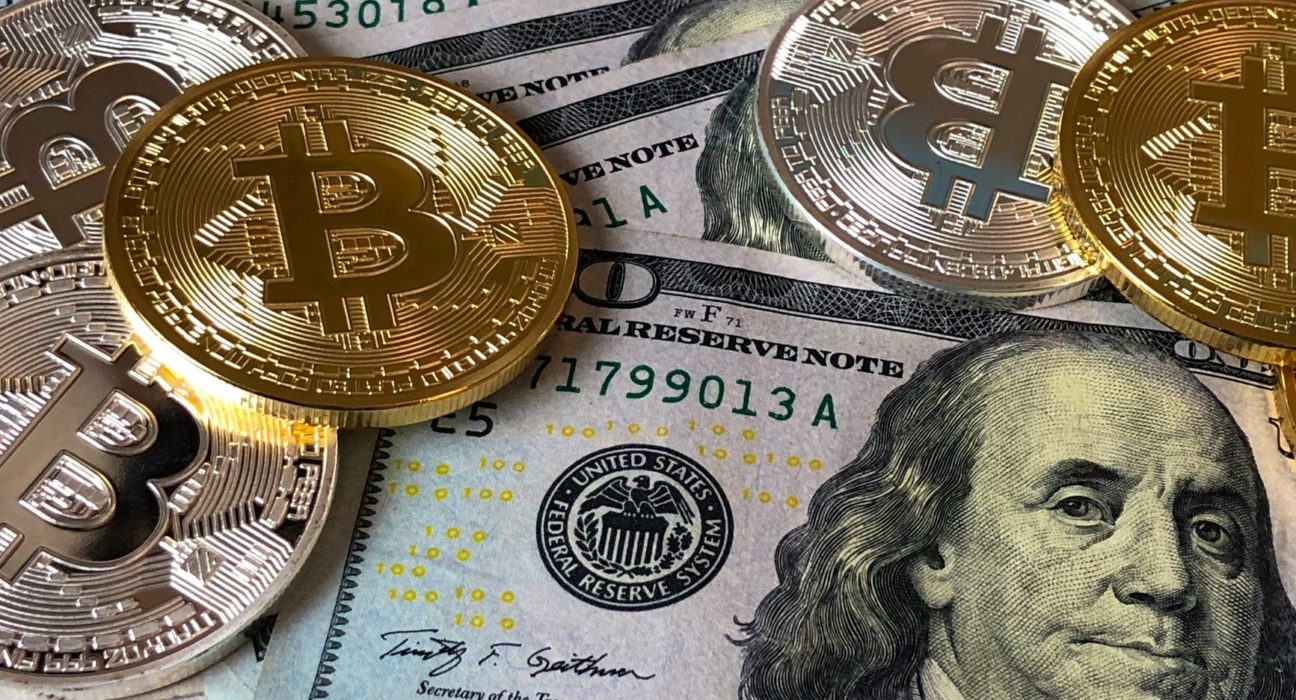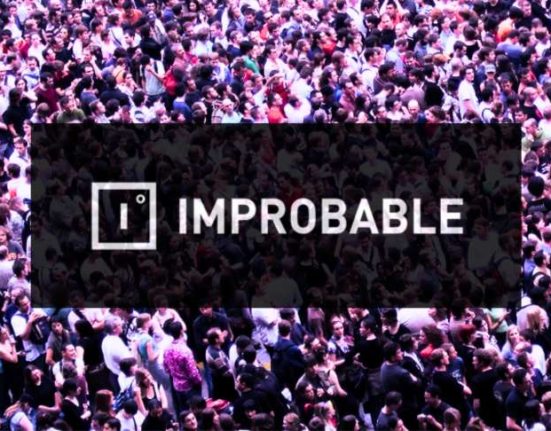In the last few months, various NFT creators, online marketplaces, and crypto exchanges have received subpoenas from the U.S. Securities and Exchange Commission (SEC). Through these subpoenas, the SEC has been reportedly asking for more and more information about the trading of digital assets, especially fractional NFTs that enable multiple traders to hold fractional shares of the same NFT.
Citing some anonymous internal sources aware of this matter, a new report from Bloomberg revealed that the SEC has launched an inquiry against NFT creators and marketplaces. The primary goals of this inquiry are to investigate any illegal digital token offering and find out whether NFTs should be considered and regulated as securities or not.
Classifying NFTs
According to the Federal Deposit of Insurance Corporation (FDIC), the term “security” is used to denote stocks, bonds, profit-sharing agreements, investment contracts, banknotes, certificates related to company shares, deposits, voting-trust, fractional holding in mineral rights, etc. All the trading activities concerning any traditional security are monitored and regulated by the SEC.
Non-fungible tokens, on the other hand, are primarily used for buying ownership of digital collectibles such as paintings, music, in-game items, etc. However, the Bloomberg report claims that the SEC doubts NFTs are also being used as traditional securities for financial gains. The NFT market is now a billion-dollar industry, and with new developments like fractional NFTs that allow users to buy and sell the tokens as per smart contracts (which might be viewed as profit-sharing agreements in this case), there is reason to suspect that NFTs could fall under the SEC’s classification.
Last year saw a big jump in crypto trade directly related to NFTs, from $94.9 million in 2020, the NFT sales reached a new high of $24.9 billion in 2021. Referring to this immense growth, in December 2021, SEC commissioner Hester Pierce (who is popularly called “Crypto Mom” for her positive outlook towards the crypto industry) said in an interview with CoinDesk, “Given the breadth of the NFT landscape, certain pieces of it might fall within our jurisdiction. She added further, “People need to be thinking about potential places where NFTs might run into the securities regulatory regime.”
What makes the NFT market a prime suspect?
The SEC did not classify Bitcoin and Ethereum as securities because both are viewed as currencies. They run on such decentralized networks that no single entity has been found to exercise complete control over these currencies. NFTs, on the other hand, are also powered by decentralized blockchain technology, then why only are they being targeted? The answer lies in the extra benefits NFTs provide to creators and users.
Cryptocurrencies like bitcoin can only be used for trading purposes, but NFTs also allow their creators to earn royalties. Moreover, several individuals, agencies, businesses, and high-profile celebrities have launched their own NFTs, raising millions for chairites. In the eyes of the SEC, these extra features of NFTs increase their possibility of being utilized as securities, and therefore, the agency suspects that NFT creators and marketplaces could be violating its regulations.
To avoid any action from SEC, some NFT marketplaces have already started taking precautions to ensure that people don’t trade such NFTs on their platforms that are either an unauthorized copy of some content or can be considered as security.








